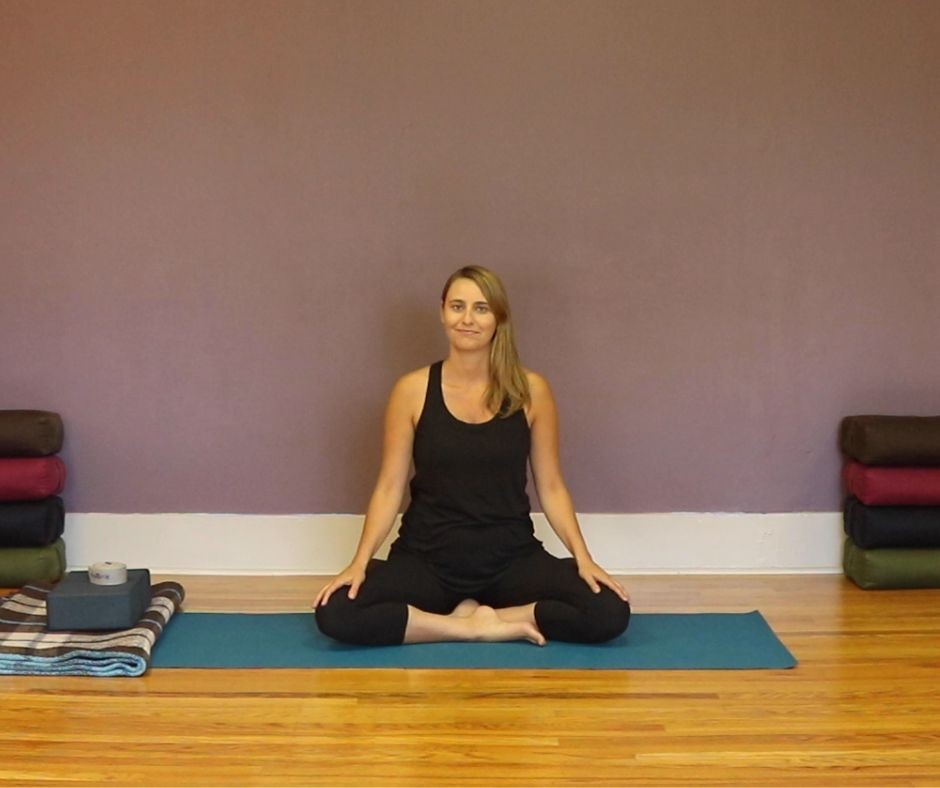In my private medical practice people ask me all the time “What are meridians?” and “How do meridians work?” So in today’s video I answer these questions.
According to ancient medical systems like Traditional Chinese Medicine, we not only have a physical body, we also have an energetic or subtle body. This subtle body is made up of meridians, nadis, or channels. These meridians act as pathways where Qi, Prana, and blood flow. The meridians vary in size and importance and they comprise an invisible web like structure that connects all organs. This system is said to transmit information related to every process in the body and mind.
The meridian system can be compared to a complex system of waterways. First, there are the main channels. Then, those channels slowly move into smaller and finer internal pathways. These channels flow from one another without disconnection. Meridians are related to elements in the body, corresponding organs, and emotional states.
In Chinese Medicine the meridian system is made up of twelve main meridians and eight extraordinary meridians. Within those extraordinary meridians are the two central channels. To learn more about the individual meridians be sure to check out my series about the individual meridians like this one about the Lung and Large Intestine Meridian and this one about the Spleen and Stomach Meridian.
How does acupuncture work? How do the meridians work?
The way in which meridians work from a western perspective is not totally understood. One theory suggests that the meridians are thought to be held in the connective tissue where electrical impulses are carried though the moisture content of the given tissue. Qi however, permeates everything so its in fluids, blood, organs, and bone.
Acupuncture or acupressure points are located at small depressions called “gates” along the meridians. Through accessing these points an acupuncturist affects the flow of Qi and blood and is able to communicate with the internal organs. Herbal medicine also affects the meridian system. Each plant or herb enters specific meridians leading to specific therapeutic results.
Meridian theory states that a disorder within a meridian will affect other areas along that same channel. For example, an issue with the liver may show up along the meridian with red eyes.
It’s important to remember though, that while a disease in a particular organ can manifest as a problem in its corresponding meridian, a meridian can also have a blockage or deficiency without any involvement of the physical organ itself. The most obvious example of this is a physical injury to a muscle or bone that doesn’t have any correlation with a deeper internal organ imbalance.
As you can see meridian theory can be complex! I hope this has helped to explain some basic concepts. Make sure to leave your questions in the comments below. Thank you for reading and I will see you again very soon.








